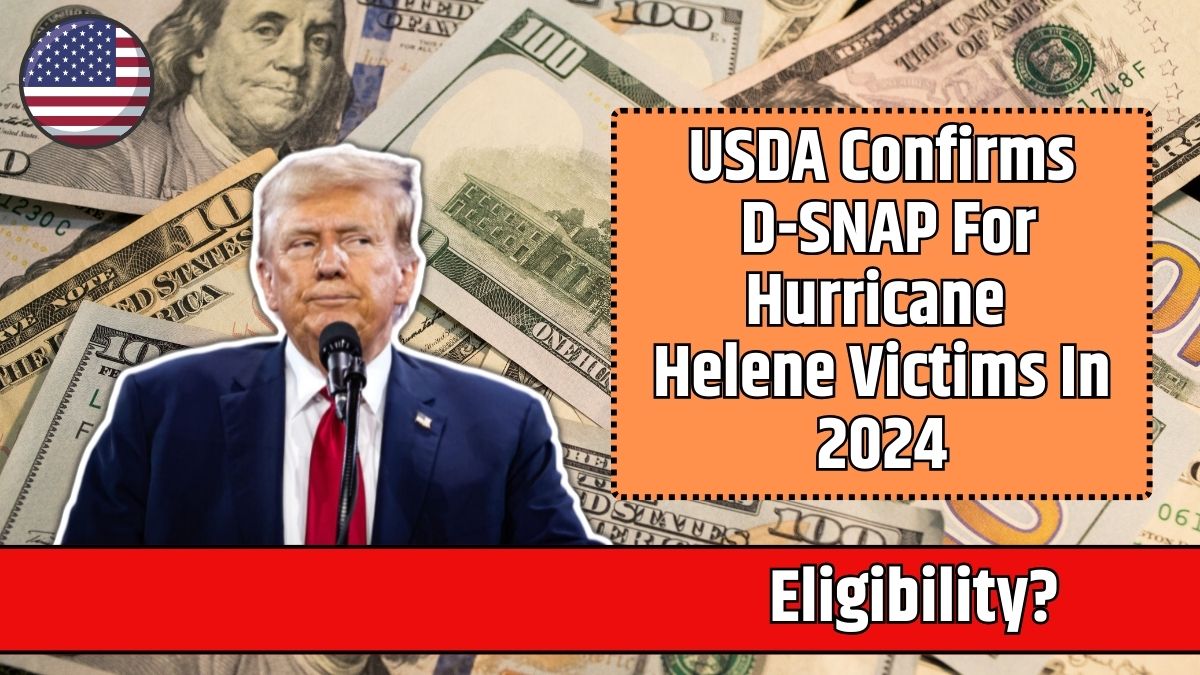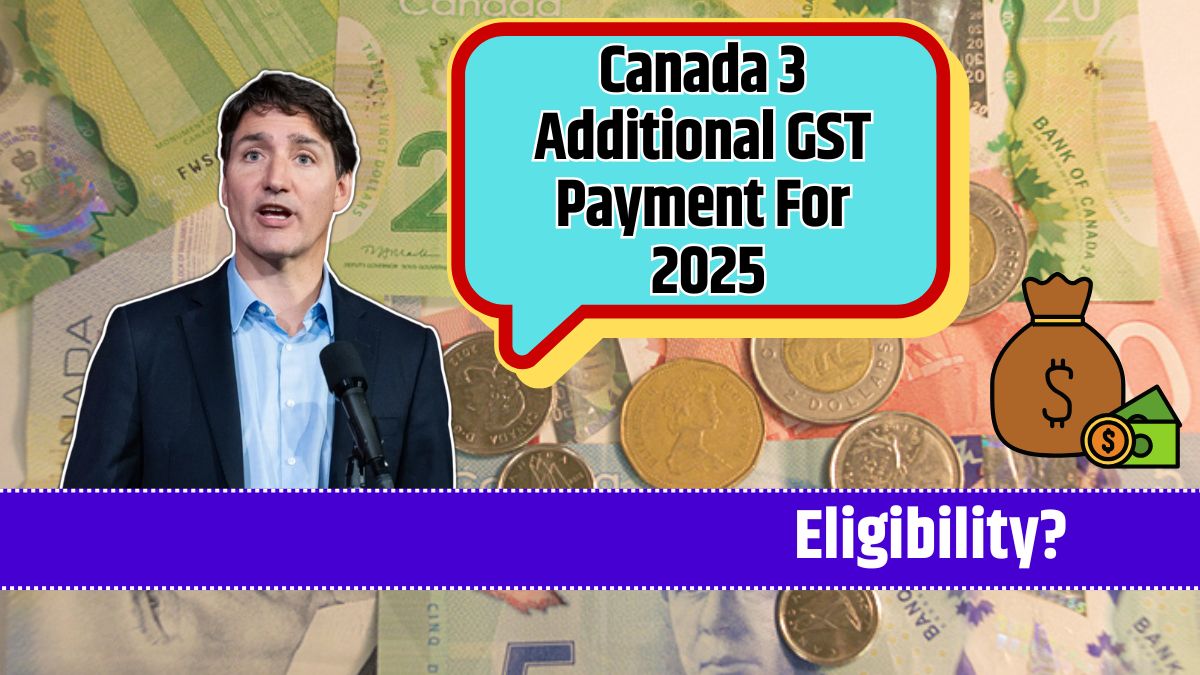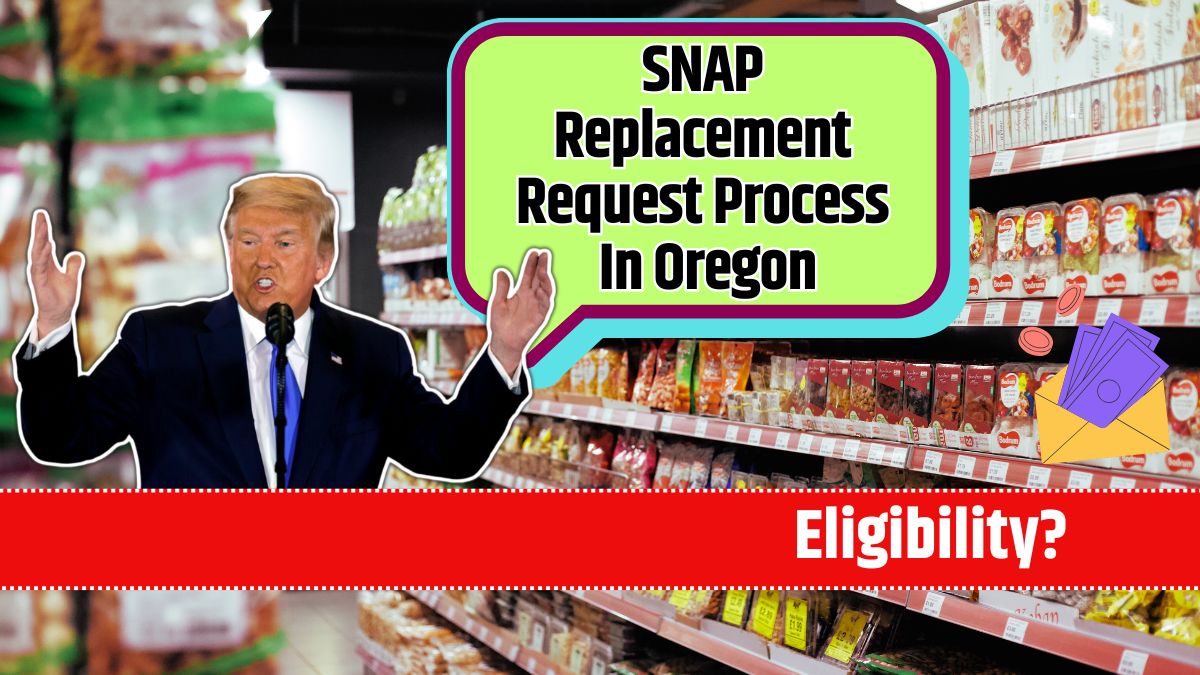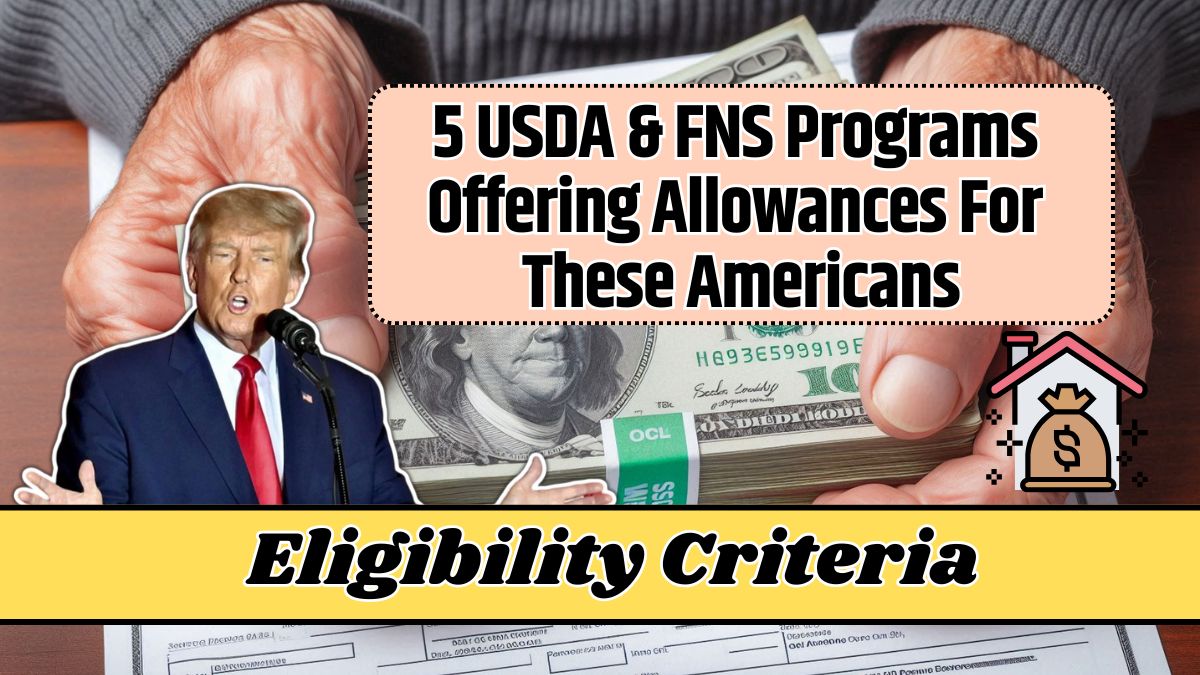Hurricane Helene disrupted countless lives, leaving many families grappling with unexpected expenses and lost income. The USDA’s Disaster Supplemental Nutrition Assistance Program (D-SNAP) steps in to provide emergency food assistance during such crises.
If you’re wondering if you qualify or how to apply, here’s everything you need to know.
Overview
D-SNAP provides temporary food benefits to families affected by federally declared disasters. Unlike regular SNAP, it’s tailored for households facing food insecurity due to disaster-related expenses or income loss. The program’s swift application and approval process ensures immediate relief for families in need.
Eligibility
Not everyone qualifies for D-SNAP. Here are the main eligibility criteria:
Residency
You must live or work in a disaster area declared by FEMA at the time of the event. Check FEMA’s official website to verify your county’s disaster status.
Disaster-Related Losses
To qualify, your household must have experienced at least one of the following:
- Property Damage: Home or belongings were destroyed or damaged.
- Evacuation Expenses: Costs for temporary shelters or hotels.
- Lost Food: Spoilage due to extended power outages or flooding.
- Lost Income: Reduced hours or business closures impacted your earnings.
- Extra Costs: Such as medical bills, fuel, or emergency repairs.
Income Limits
Disaster expenses can lower your net monthly income, making you eligible even if you don’t qualify for regular SNAP. States provide calculators to help determine if you meet the income thresholds.
Example Income Limits:
| Household Size | Net Monthly Income |
|---|---|
| 1 | $1,500 |
| 4 | $2,800 |
| 6 | $4,000 |
Application Process
Applying for D-SNAP is straightforward but requires preparation. Here’s a step-by-step guide:
Step 1: Pre-Register
Some states offer pre-registration online to streamline the process. Check your state’s D-SNAP portal.
Step 2: Gather Documents
Collect these essentials:
- Identity Proof: Driver’s license, passport, or state ID.
- Residency Proof: Utility bills or rental agreements.
- Expense Records: Receipts for disaster-related costs.
- Income Proof: Pay stubs, bank statements, or unemployment letters.
Step 3: Submit Application
You can apply:
- Online: Many states have user-friendly platforms.
- In Person: Visit disaster relief sites or designated centers.
- By Phone: Some states accept applications via call.
Step 4: Complete an Interview
Most states require a short interview to verify your details.
Step 5: Receive Benefits
If approved, you’ll get an EBT card loaded with benefits that can be used at participating stores.
States Implementing D-SNAP
Several states have rolled out D-SNAP for Hurricane Helene victims. Here are the latest updates:
- Georgia: Phase 4 (Nov 18–23, 2024) includes counties like Laurens, Telfair, and Wayne. Visit Georgia DHS for details.
- Florida: Phased rollouts with on-site support by county. Check Florida DCF for updates.
- North Carolina: Over 164,000 recipients during Phase 1; more phases underway. Visit NCDHHS for information.
Benefits and Usage
D-SNAP benefits are loaded onto an EBT card, usable for essential groceries, including:
- Fresh produce, dairy, meat, and canned goods.
- Temporary exemptions may allow hot foods during disaster periods.
Pro Tip: Plan your shopping to stretch benefits and cover essentials.
Common Challenges
Navigating the D-SNAP process can be tricky. Here are some obstacles and tips to overcome them:
- Short Deadlines: Applications are open for 7–10 days. Act quickly.
- Missing Documents: If papers are lost, contact local disaster organizations for help.
- High Demand: States may face backlogs. Pre-register online if possible.
D-SNAP ensures families don’t face the added burden of food insecurity while recovering from disasters like Hurricane Helene. Don’t wait—apply before your state’s deadline!
















